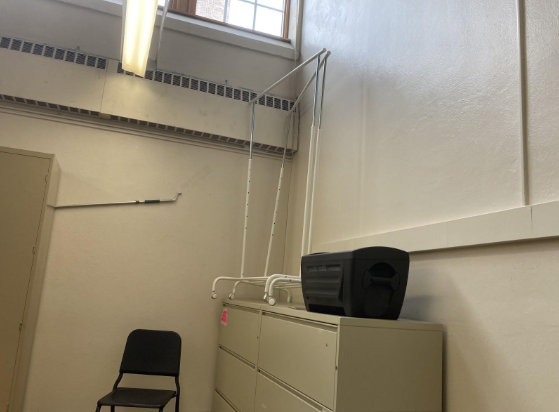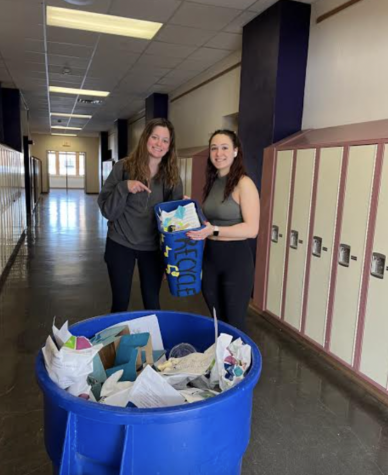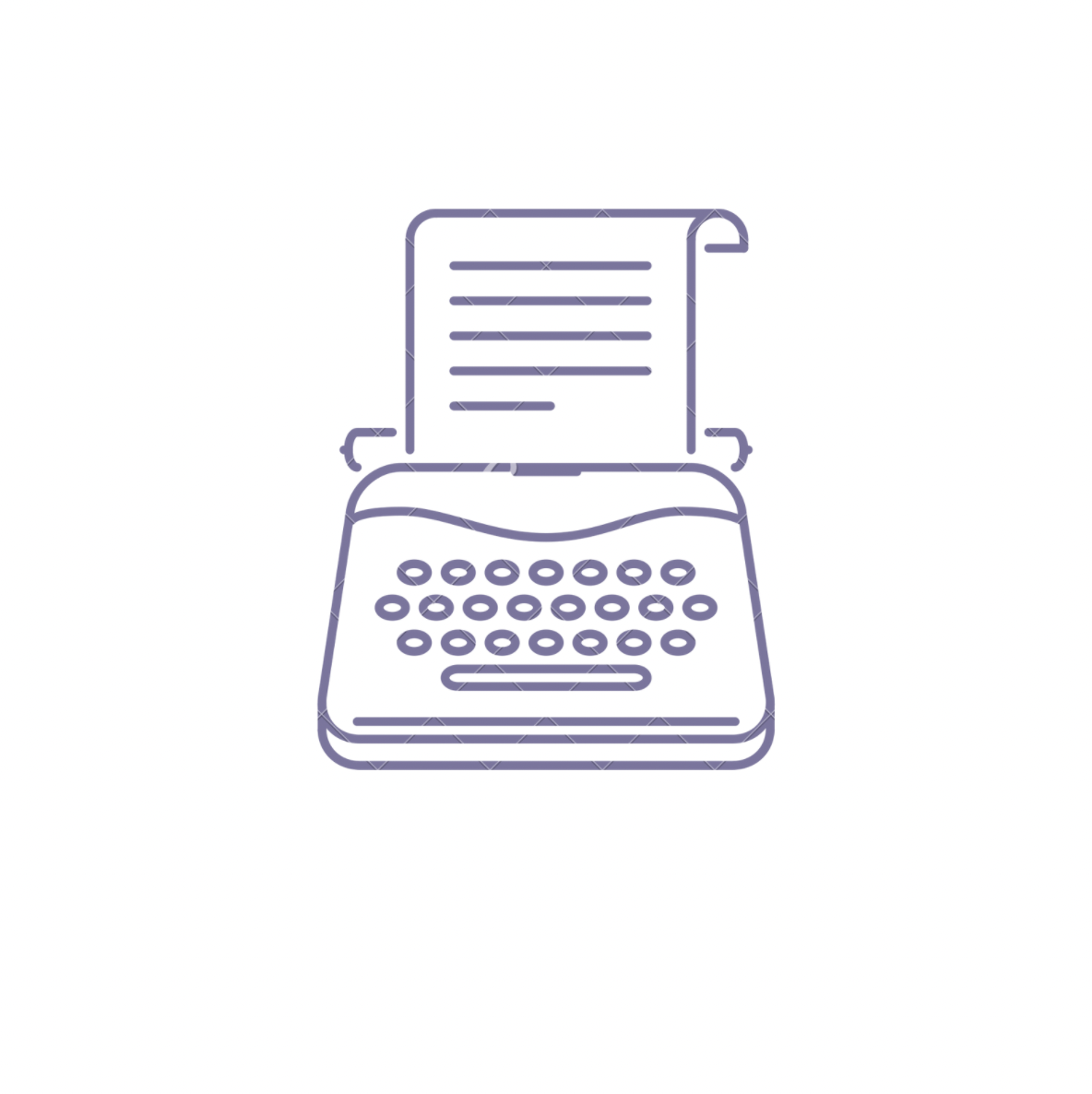How Are You Feeling?
December 18, 2020
If you are feeling down, disconnected, stressed or unmotivated, you are not alone: 40% of US residents are struggling with mental health issues associated with the COVID-19 pandemic.
As humans, we thrive on routines and interaction; in fact, our well-being is dependent on it.
It’s important to realize that everyone is coming from a different place when dealing with COVID. Many factors go into people’s ability to handle stress during this period of distance and uncertainty.
Finding out what coping methods work best for you is a step forward in mastering communication with yourself. These habits may help in this unprecedented time:
- Establishing a routine
- Self care
- Meditation
- Listening to music
- Getting outside
- Screen breaks
- Take time to recharge
- Breathing and relaxation practices
- Sleep
Laura Carpenter, Southwest’s school based clinic’s mental health therapist, explains: “The impact of a pandemic on mental health is multifaceted. People of all ages are finding it difficult to cope with such drastic changes to daily life like distance learning, social distancing, and economic impacts to individuals and families. Increased isolation, fewer resources, and not having a clear ‘end date’ to the pandemic can contribute to symptoms of depression and anxiety.”
We live in a world of instant gratification, and are therefore not used to having to live our day to day lives without the knowledge of what the next year holds. Times are uncertain and the current climate can be uncomfortable to deal with. Still, it provides a wonderful time of opportunity to learn more about ourselves. Sometimes that learning comes in the form of support.
Ms. Carpenter goes on to say, “It is completely normal and valid to be experiencing difficulties and struggling with mental health right now. The good news is that there are resources available to process these feelings (and other ones) like individual therapy appointments and support groups.”
As for how that fits into school, it is important to remember that classwork does not take priority over mental well-being. We are all in this together and teachers should understand that many people are in a tough spot right now. If your mental health is impeding on your ability to learn and be your best self, know that you can reach out. It’s also very important to set boundaries with your school work. Make sure you take time to recharge.
Students may be inclined to reach out on behalf of another student. It is important to note that when saying something out of concern for your peers, the information you share with a staff member will be both anonymous and confidential: staff have a responsibility to keep students safe, and for this reason if they become aware that a student is in danger, they are legally required to report it. If you are concerned about another student, speak up. A trusted adult can be a good place to start.
Southwest’s school based clinic offers mental health counseling aimed at prevention and early intervention along with many other services. In addition, Southwest has numerous mental illness licensed staff including five school counselors, four school social workers, and one school psychologist. This whole team is here to help you! If you specifically want mental health support or therapy referrals, contact your school social worker or school counselor. In addition to the resources we have listed, contact information can be found on Southwest’s website by going to “Departments” and then by selecting either “Counseling” or “Social Work”.
COVID-19 has presented new challenges to all of us. The lack of communication and face to face interaction in our lives can pose a threat to our mental health. Advocate for yourself and reach out to those you care about. Mental health and illness is a very real thing and must not only be prioritized, but treated seriously. Don’t hesitate to seek medical support. Standing up for your well-being is a very brave thing to do.
RESOURCES
School Based Clinic: call (612) 668-3040, text 612-599-5311, email [email protected]
National Domestic Violence Hotline: 1-800-799-7233
National Substance Abuse & Mental Health Services Administration 1-900-662-4357
National Drug Helpline: 1-844-289-0879
National Eating Disorders Association 1-800-931-2237
Crisis Text Line: 741-741, text “HOME”












